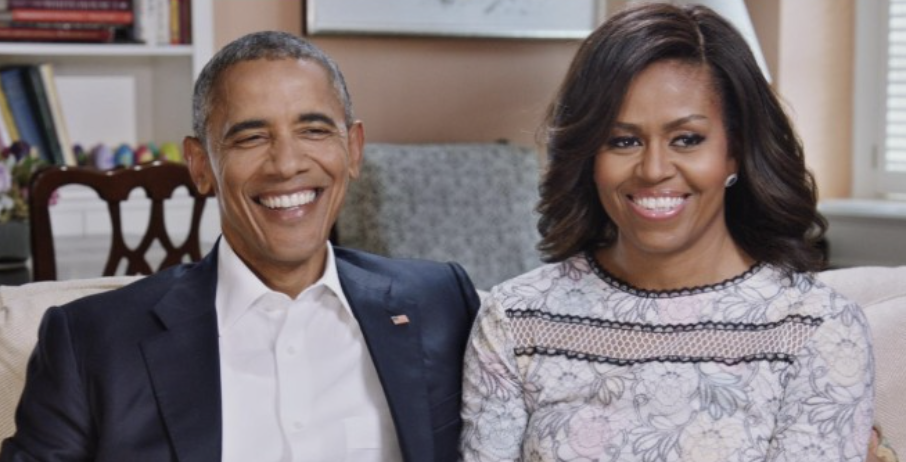
- Details
- By Kaili Berg
Seven Native American leaders have been chosen for the prestigious 2024-2025 Obama Foundation Leaders USA program, marking the largest Native representation in the program's history.
These leaders, selected from across the United States, are part of an exclusive cohort of 100 participants focused on civic engagement and leadership development. This program, inspired by the values of President and Mrs. Obama, equips individuals to make transformative changes in their communities.
As part of the six-month program, these Native leaders will engage in weekly virtual sessions focused on honing leadership skills, building relationships, and learning from global thought leaders and mentors.
The Obama Foundation’s “Hope to Action” curriculum will guide them in creating sustainable progress toward strengthening democratic culture and fostering positive change in their communities.
Below are the seven remarkable Native leaders chosen for this year’s cohort:
Emily Edenshaw, President and CEO of the Alaska Native Heritage Center, brings her expertise in cultural preservation and her commitment to Alaska Native boarding school healing strategies.
Dustin Goslin, Chief Talent Officer at Mille Lacs Corporate Ventures, has led workforce development initiatives and contributed over $245 million in investments to support economic growth in the Mille Lacs Tribal Economy.
Sharen Kickingwoman, Policy, Advocacy, and Organizing Director at the ACLU of Montana, is known for her work on Indigenous justice and her advocacy for criminal legal reform. She played a critical role in advancing legislation addressing the crisis of missing and murdered Indigenous women.
Rhylee Marchand, an attorney for The Tulalip Tribes of Washington, focuses on tribal sovereignty, natural resource preservation, and promoting civic engagement among law students.
Nazune Menka, Assistant Professor of Law and Faculty Director at Seattle University School of Law’s Center for Indian Law & Policy, advocates for Native self-determination and coalition-building to foster a more just society.
Elizabeth Rule, PhD, Deputy Secretary for First Nations under New York Governor Kathy Hochul, is leading policy initiatives on Indigenous representation, child welfare, and healthcare access in the state.
Sheldon Spotted-Elk, Senior Director of Judicial and National Engagement at Casey Family Programs, works with courts nationwide to improve child welfare outcomes and serves as a Judge on the Ute Indian Tribe Court of Appeals.
More Stories Like This
Native News Weekly (August 25, 2024): D.C. BriefsUS Presidents in Their Own Words Concerning American Indians
Two Murdered on Colville Indian Reservation
NDAA passes House; Lumbee Fairness Act Advances
NFL, Vikings to Host Native All-American Game, Youth Flag Clinic
Help us defend tribal sovereignty.
At Native News Online, our mission is rooted in telling the stories that strengthen sovereignty and uplift Indigenous voices — not just at year’s end, but every single day.
Because of your generosity last year, we were able to keep our reporters on the ground in tribal communities, at national gatherings and in the halls of Congress — covering the issues that matter most to Indian Country: sovereignty, culture, education, health and economic opportunity.
That support sustained us through a tough year in 2025. Now, as we look to the year ahead, we need your help right now to ensure warrior journalism remains strong — reporting that defends tribal sovereignty, amplifies Native truth, and holds power accountable.
 The stakes couldn't be higher. Your support keeps Native voices heard, Native stories told and Native sovereignty defended.
The stakes couldn't be higher. Your support keeps Native voices heard, Native stories told and Native sovereignty defended.
Stand with Warrior Journalism today.
Levi Rickert (Potawatomi), Editor & Publisher


